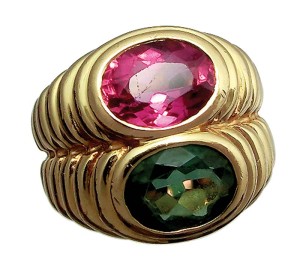Whose interests are being served?

I think the trade is in agreement that independent appraisers and reputable retailers want to support each other. We both believe in serving the interest of the consumer who has placed their trust in us. Informed jewellery retailers can take comfort in knowing independent appraisers who have invested the time to earn a designation at a reputable appraisal organization can be objective and unbiased. The main point is jewellers who are accredited or certified appraisers and equally certified independent appraisers who also offer consulting and brokering services both can serve the interests of consumers and earn their trust.
Not all independents choose to add brokering to their services and that’s OK. If you don’t feel comfortable assisting clients in selling their jewellery, at the very least, you can be the best advocate they have to arm them with all they need to make an informed decision. But remember, the onus is on you to refer them to someone who will not take advantage of their lack of knowledge. This consultation assignment would include examining the pieces, showing the client what similar properties are selling for in the relative markets, procuring bids from reputable, knowledgeable dealers or retailers who enjoy ready markets for the jewellery in question, and assisting them further with information on how to tap into markets to which they have access. The consultation may also include preparation of detailed images, background information, and narratives your client can use to be credible with potential buyers if they choose to take on the task of finding that ‘end user.’ Sometimes it is a bit confusing, but according to Uniform Standards of Professional Appraisal Practice (USPAP), a consultation is not considered an appraisal if you refrain from offering a value opinion or telling a client at what price they should sell. Instead, you are merely educating the client so they can choose to do what is best for them.





